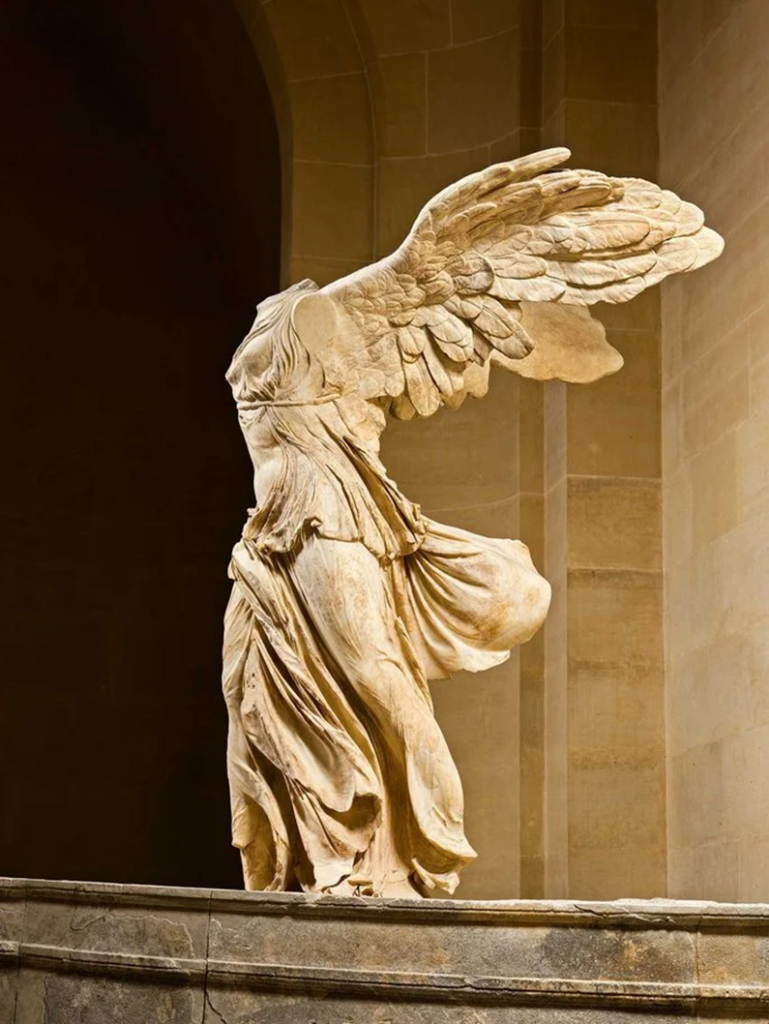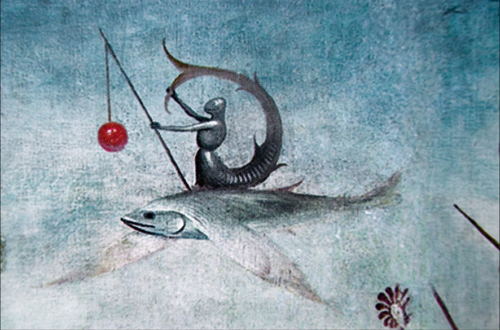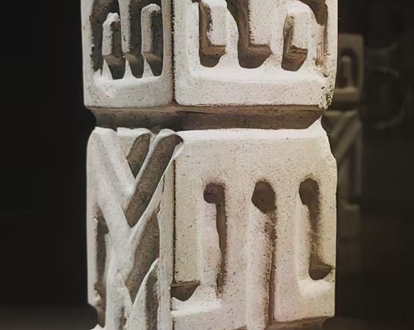Relational and Social Constructionist Consortium of Ecuador (IRYSE)
Diego Tapia Figueroa, Ph.D. and Maritza Crespo Balderrama, M.A.
Confidence to inhabit contradictions with dialogue
The themes that arise in therapeutic processes, and the stories that unfold in these dialogues are a concrete and permanent invitation to learn to listen differently to understand authentically. They are privileged occasions to make one’s voice heard in a space where contextualized relational connections are built in favor of the generation of new possibilities.
The complexity of the human condition challenges us in every conversation with human beings, who bravely mobilize anguish in the face of countless meaningless voids, and lack of affection without cruelty or injustice; with the commitment, from curiosity and respect, to jointly construct new meanings for the alienating experiences that they wish to go through, from which they have the right to free themselves.
We are aware that learning to live also means learning to live in uncertainty, embracing complexity, and we are in constant search for intelligent interlocutors in a society that kills with coarseness, stupidity, vulgarity, and ferocious abjection, all forms of different relational intelligence (dissident, reflective, creative).
Interlocutors are capable of thinking critically with their heads and taking the risk -without fear, without guilt- to dialogue with consistent words and actions, guided by a relational ethic, which confronts all abusive and violent forms and manifestations of power.
We are present fully and with integrity in each conversation to accept and legitimize difference, the right to resistance, to freely and openly express one’s desires and needs, assuming the responsibilities that entail, developing a consistent and congruent sense of belonging, the right to live freely in our present, aware of what we would like to build for our future, with a language of respect and love, generator of meaningful, transformative connections and relationships.
The decision to open up alternatives and open ourselves to new and unprecedented possibilities can reconcile us with the best in ourselves and connect us with the best in others. This process generated with dialogue produces confidence to inhabit contradictions, and to ask ourselves about who we want to become as we move.
It could be time to ask ourselves, from another place -a place of our own- about:
– what we have lost and how we have processed those losses;
– about our resentments and how much we have let them colonize our relational subjectivity;
– about our shortcomings and their tyranny in our existence;
– about the words and social/relational practices that are not at all respectful, that are abusive or violent, that we allow, in which we participate or cover up and that should not continue, be normalized, silenced, made invisible, or perpetuated;
– ask ourselves about what prevents us from setting respectful, responsible, and rational human limits;
– about the guilt, fears, and prejudices that rob us of our right to pleasure, joy, and happiness.
It is probably -always and every time- the time to question ourselves (as witnesses, on our behalf) about the purpose of our life, to give it a genuine, authentic purpose, which builds renewed senses of being with the other, to build common well-being; not over the corpse of the other or on our body, rather, with others, for the creation of the relational “with”, in a continuous metamorphosis of meanings, in this rhizomatic being for creative possibilities.
We are on this journey of shared learning, in new contexts, aware of our mutual vulnerabilities, committing ourselves to generate different dialogues -perhaps also poetic-, which need curiosity, respect, acceptance, responsibility, tenderness, legitimation, recognition, and ethical exercise of reciprocity, with freedom and joy.
As professionals in these relational fields:
Do we work from a relational connection, from reflective pragmatics, with relational ethics?
Do we contribute to generating with intelligence, freedom, and joy, what clients wish to build with responsibility for their relational contexts?
Do we contribute with transformative dialogues to focus on the positive and open hope for possible futures?
Can we and do we manage to transmit the ability to look at new horizons without disconnecting from the present contexts in which we are and participate?
How do we open ourselves to dialogue with otherness by accepting our differences, understanding ourselves, and transforming in that encounter with complexity, which allows us to become with others?
Do we trust in people’s resources, in the dialogic process, in the relationship; do we think of ourselves “in relationship” and its capacity to generate transformations?
Are we responsible with our questions, our answers, our reflections, and contributions; without euphemisms, without alibis that cover up and multiply a status quo that sustains a culture of bad treatment?
Do we take care of our dialogues, relationships, people, ourselves, being brave, honest, intelligent, understanding?
Is a relational bond generated (a space of security and trust) so that the space of therapeutic dialogue is inhabited by the word of the consultant?
Is there work done so that we connect with the vulnerabilities of the participants, without fearing our own, which will be mobilized responsibly in favor of the consultant’s process?
Is there dignity, innovation, creativity, generation, and construction of new meanings in each and all of the transformative dialogues that we call therapy from this relational position?
Freeing ourselves from the rhetoric of oppressive stories and choosing to decide who we want to be with others, to build the style of relationships that we would like to share and experience; it is part of our relational responsibility, to contribute with consistency, serenity, temperance and good humor in the construction of a culture of good treatment, to invite people to co-create socially possible worlds, with common well-being, with actions that sow hope.

Rilke, on the beauty of the Victory of Samothrace: «an imperishable recreation of the Greek wind in its vastness and grandeur».
English translation by Bruno Tapia Naranjo.



